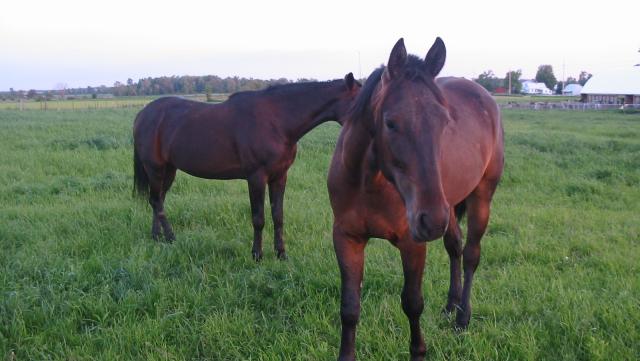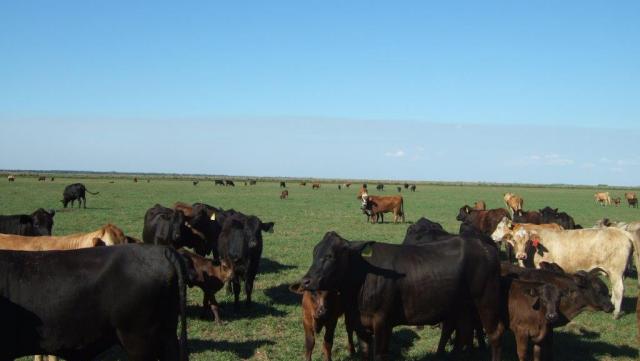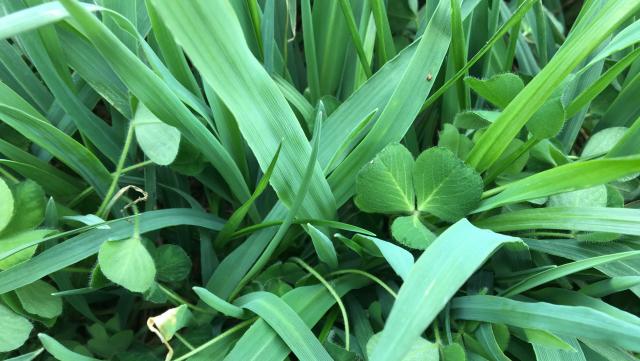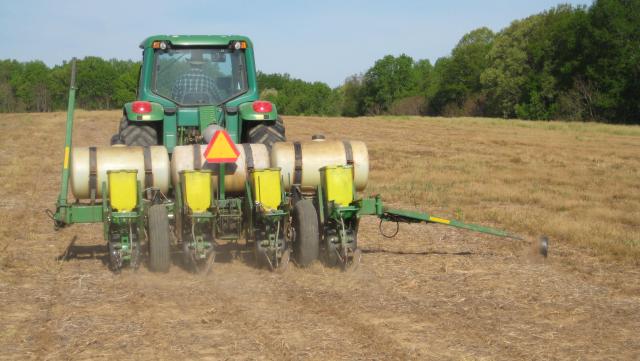Tips & Tricks

Horses: A List of Concerns
Horses have different digestive systems and nutritional needs than high-producing ruminants like sheep or cattle, which gives them some unique sensitivities to various forage issues. Horses and other livestock tend to avoid plants that don’t agree with them because they find them unpalatable, unless they lack other feed options (such as in an…

Intentional Management: Matching Needs With Resources
A number of years ago, I had the privilege of visiting one of the many cattle ranches operated by Lykes Brothers in Florida. If you’re not familiar with the name, Lykes is one of the top five largest cow-calf operations in the nation with over 600,000 acres of pasture, orchards and timber and 16,000+ head of cattle. I didn’t exactly know…

Spring Oats- Forage, Fast!
Between frigid winter weather and the dry fall, winter annual forages have taken a hit this year. If you have evaluated your fields and confirmed that the majority of the plants are dead or have decayed, your best chance at a ready-to-harvest forage in 45-55 days is a spring oat. These wide-leafed winter annuals have prolific growth, are highly…

Waging War Against Slugs in 2018
Following the slug-infested spring of 2017, many growers are worried we will have the same problem in 2018, and for good reason. We haven’t had a cold enough winter in several years to kill the adult slugs from the previous year, and the effectiveness of slug controls, such as Deadline or spraying salt concentrated solutions, is…